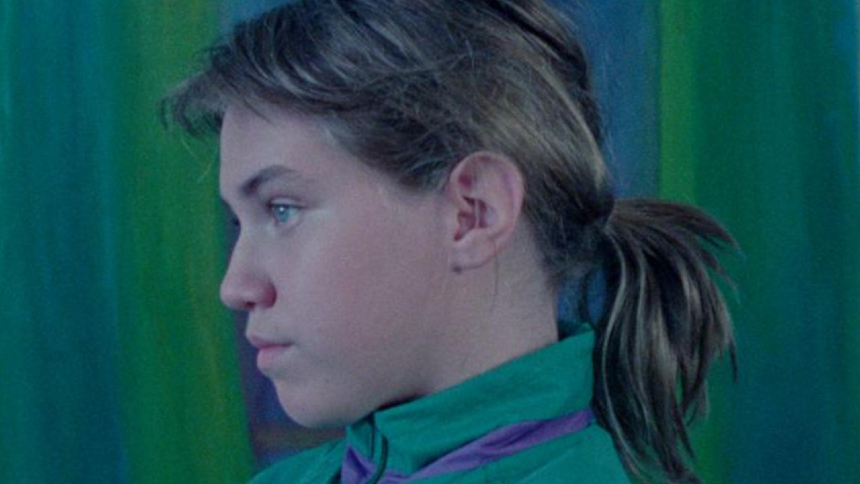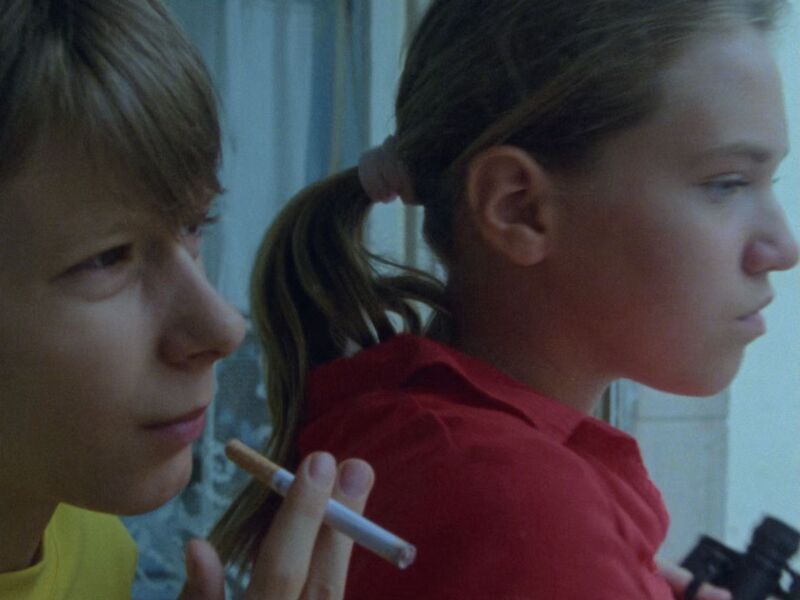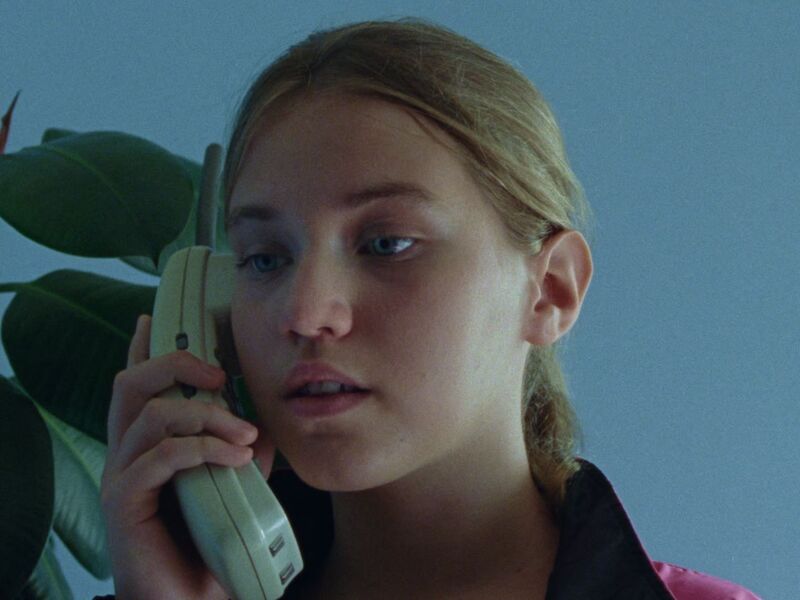Locarno 2024 Review: WHEN THE PHONE RANG, Retro-Melancholic Exploration of Memory and Displacement
Iva Radivojević crafts a poignant exploration of memory, identity, and displacement set against the backdrop of 1990s Yugoslavia, weaving a coming-of-age drama that intertwines personal and historical upheaval through the eyes of an 11-year-old girl.

The inaugural ringing of the telephone in Iva Radivojević's second fiction feature, When the Phone Rang, marks more than just the start of a conversation—it signals the unraveling of a young girl's world.
Set in early 1990s Yugoslavia, the film explores the disintegration of a country through the eyes of eleven-year-old Lana (Natalija Ilincic), who answers a call informing her of her grandfather’s death just as war breaks out. This simple phone call serves as the axis around which the film's examination of memory and identity revolves.
Radivojević brings a deeply personal touch to this film, drawing from her own experiences of leaving Yugoslavia during its turmoil. Her previous works, such as Evaporating Borders and Aleph, have established her as a filmmaker unafraid to tackle socio-political themes through personal reflection and poetic imagery. Evaporating Borders, in particular, highlighted the plight of refugees with a sensitivity that also permeates her latest work, while the Borgesian poetics of Aleph are echoed in the time-bending storytelling of When the Phone Rang.
When the Phone Rang fits seamlessly into Radivojević's oeuvre, furthering her exploration of displacement and the fluid nature of memory. The film is structured into eleven segments, each introduced by the ringing of a telephone, creating a rhythm that reflects the fragmented, nonlinear nature of recollection. Each call triggers a memory, weaving a tapestry of events that collectively portray the protagonist's sense of dislocation and the erasure of her former identity.
Radivojević’s direction is characterized by deliberate pacing and a focus on atmosphere. The phone call announcing Lana’s grandfather's death becomes a recurring motif, encapsulating the loss and the abrupt intrusion of historical events into personal lives. The social and political turmoil in Yugoslavia has been a recent subject in films like Emilija Gašić’s 78 Days, where the director uses the aesthetics of home video to create an authentic domestic video diary of three sisters during the 1999 NATO bombing of Serbia.
Similar to Gašić’s 78 Days, Radivojević employs the framework of a coming-of-age story, following the relatively mundane activities of Lana against the backdrop of forced migration. The narrative technique—reconstructing memories around a central traumatic event—allows Radivojević to delve into the subjective nature of memory. By presenting memories as disjointed and sometimes conflicting, she underscores the idea that personal history is not a linear narrative but a series of impressions and emotions, each shaped by time and perspective.
When the Phone Rang employs a time-looping storytelling technique reminiscent of Shahram Mokri’s films. While addressing socio-political themes, Radivojević adopts a more playful approach, despite the traumatic events implied by the breakup of Yugoslavia. Lana’s recollections become a series of diverging paths, each phone call turning into a mirror maze of condensed reminiscences, creating a compressed vision of a childhood and country within a single day.
Less surreal and more poetic, When the Phone Rang evokes nostalgia as Lana’s recollections are less haunting than Mokri’s depictions of political or social upheavals. Radivojević embraces a retro-nostalgic vibe with 90s art direction, triggering memories for those who grew up in Central or Eastern Europe during that time.
Director of Photography Martin Dicicco, who also collaborated on Aleph, uses close-ups to a hypnotic effect, akin to Michael Haneke’s The Seventh Continent, but with a less menacing tone, supported by minimalist dialogue. Lana is depicted within the microcosm of her life in a tower block and its surroundings, sometimes evoking a sense of claustrophobia. Radivojević herself handled the art direction, favoring a muted pastel color palette.
In When the Phone Rang, Radivojević combines a coming-of-age drama with an autobiographical essay, offering a personal testimony about identity, loss, and displacement. By utilizing cinematic techniques to bend time, she explores the (re)construction of personal history and memory.
Through a blend of retro-nostalgia, melancholic undertones, and underlying tension, When the Phone Rang revitalizes the coming-of-age genre. Radivojević employs her distinctive style of melding the poetic with the political, transforming personal experience into a more universal narrative.
When the Phone Rang received Special Mention at the 2024 Locarno Film Festival.
When the Phone Rang
Director(s)
- Iva Radivojevic
Writer(s)
- Iva Radivojevic
Cast
- Natalija Ilincic
- Anton Augustinov
- Slavica Bajceta









-thumb-80x80-102438.png)